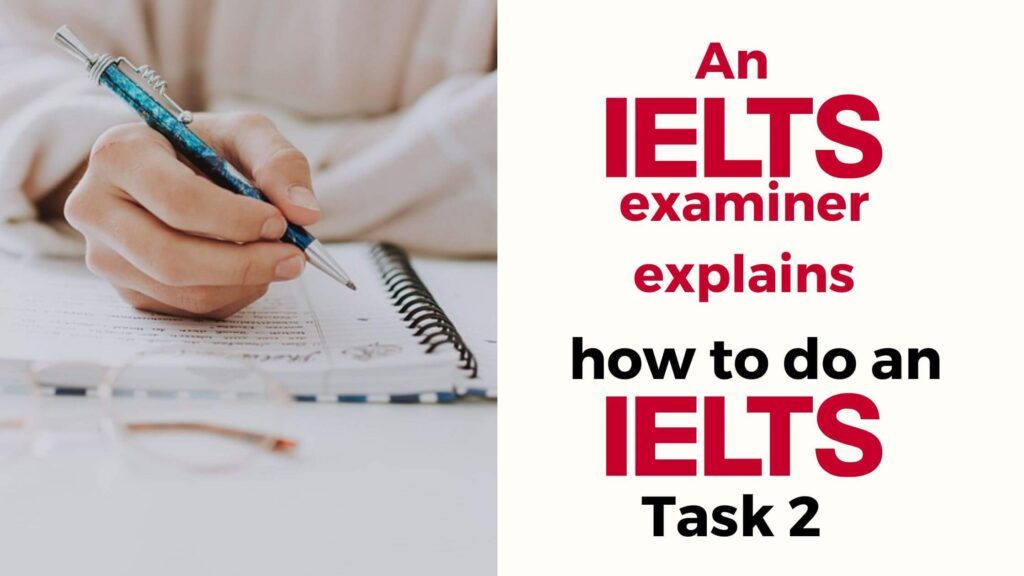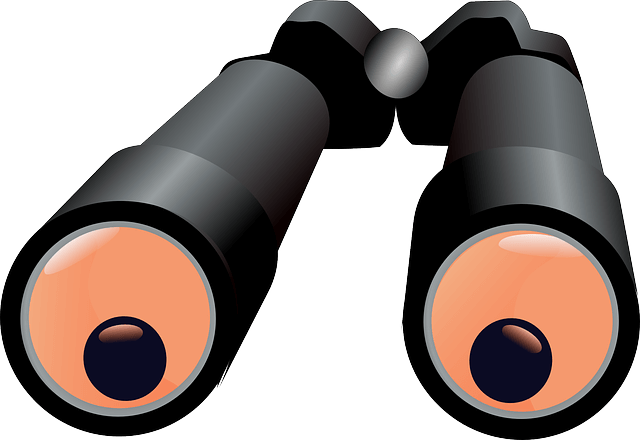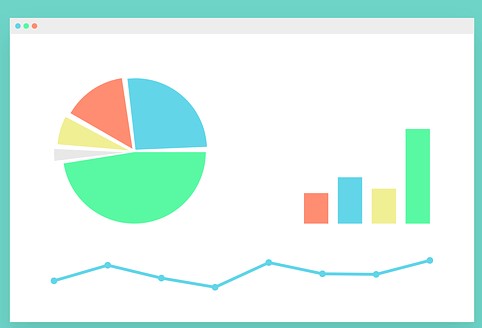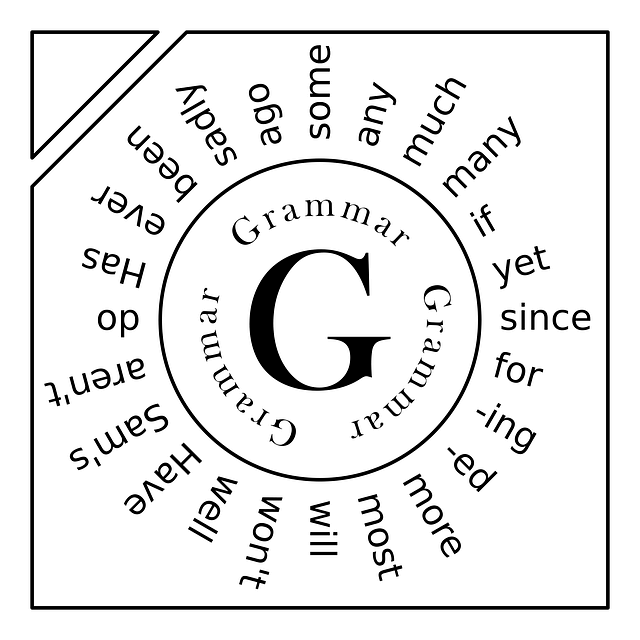
Get yourself a cup of tea as an IELTS examiner takes you through how to do an IELTS Task 2. This is the kind of information that only IELTS examiners can give you 🔥🔥🔥
As an IELTS examiner, I have seen many test takers struggle with their IELTS writing scores. In this article, I will provide you with the essential tips and strategies to improve your IELTS Task 2 writing score. By following these guidelines, you will have a greater chance of achieving a higher band score in the IELTS writing section. I can't give you my name as IELTS demands that we stay anonymous but I hope this is useful. If you are finding IELTS writing difficult, then I really recommend that you use our writing service or do a class with us. The difference we make is amazing.
- Understand the Marking Criteria
Before diving into the tips, it's crucial to understand the four marking criteria used by the IELTS examiners to assess your essay. Each criterion is worth 25% of your total marks for Task 2. They are:
Task Response
This criterion evaluates your answer to the essay question, your main ideas, and how you develop them.
Coherence and Cohesion
The IELTS examiner assesses the organization of your essay, paragraphing, and the use of linking devices and referencing (Basically, using pronouns)
Lexical Resource (Vocabulary)
Your use of vocabulary, paraphrasing, spelling, and the number of mistakes you make will be evaluated under this criterion.
Grammatical Range & Accuracy
The IELTS examiner will assess the range of structures and tenses you use, and the number of mistakes you make.
- Analyse the Essay Question

Before you start writing, take a moment to analyse the essay question. This will help you identify the main issues and ensure that your essay addresses all parts of the question. So many Task 2s that I see are off-topic; it’s a crazy way to lose marks!
Identify the Type of Essay
There are different types of essays in IELTS writing, such as, problem-solution, advantage-disadvantage, cause-effect, and discussion essays. Identifying the type of essay will help you structure your response appropriately. You don’t have to discuss both sides unless the question tells you too!
Paraphrase the Question
To avoid repetition and show your lexical skills, paraphrase the essay question in your introduction. This will also help you focus on the main issues and keep your essay on topic. So, change advantages to benefits, opinion to view, cause to source etc
- Plan Your Essay
A well-structured essay is easier for the IELTS examiner to follow and evaluate, which means higher marks. If I struggle to follow your writing then Band 7 will be impossible to get into. Planning is everything!
One way to do this is
- write down your main ideas, supporting points, and examples in a brief outline.
This will help you organize your thoughts and ensure that your essay flows logically from one point to the next.
Allocate time wisely too. IELTS Task 2 requires you to write at least 250 words within 40 minutes. For example, spend 5 minutes planning, 30 minutes writing, and 5 minutes reviewing and editing your essay.
You would be surprised at how many incomplete essays I see, or how many people haven’t had time to check their writing.
- Write a Clear Introduction and Conclusion
A clear introduction and conclusion are essential for a coherent and cohesive essay. They provide a roadmap for the IELTS examiner and help them understand your main points.
Introduction
Your introduction should briefly introduce the topic, paraphrase the question, and outline your main ideas. Keep it concise and to the point because the introduction is not in the marking criteria.
Conclusion
Your conclusion should summarize your main ideas and restate your position on the topic. Avoid introducing new information or arguments in your conclusion.
- Develop Your Main Ideas and Supporting Points
To achieve a high band score, you need to develop your main ideas with relevant supporting points and examples.
Use Topic Sentences
Each paragraph should start with a topic sentence that introduces the main idea of the paragraph. This helps the IELTS examiner follow your argument and ensures that each paragraph is focused and relevant.
Provide Evidence and Examples
Support your main ideas with evidence and examples. This can include facts, statistics, research findings, or personal experiences. Invent them is you need to! This will make your essay more persuasive and demonstrate your ability to develop an argument.
- Use a Range of Vocabulary and Collocations
It's essential to use a range of vocabulary and collocations (words that commonly go together) throughout your essay.
Avoid Repetition
Instead of repeating the same words or phrases, use synonyms/pronouns or paraphrase to show your vocabulary skills.
Use Topic-Related Vocabulary
Use words and phrases that are relevant to the topic of your essay. This demonstrates your understanding of the subject matter and contributes to a high band score. If you are worried about your vocabulary, read a newspaper; everything you ned is there!
- Employ a Variety of Sentence Structures and Grammar
 To achieve a high band score in grammatical range and accuracy, use a variety of sentence structures and grammar tenses.
To achieve a high band score in grammatical range and accuracy, use a variety of sentence structures and grammar tenses.
Mix Simple and Complex Sentences
Use a combination of simple and complex sentences to demonstrate your grammatical range. This can include compound sentences, conditional sentences, and passive voice constructions.
Use Appropriate Tenses
Based on the context of your essay, use the appropriate tenses (past, present, future, perfect, conditional, etc.) to convey your ideas effectively. Make one of your supporting examples in the past so you use a wider range of tenses.
- Ensure your Coherence and Cohesion is high
Coherence and cohesion refer to the organization of your essay, paragraphing, and the use of linking devices.
Organize Your Ideas Logically
Arrange your main ideas and supporting points in a logical order. This will make your essay easier to follow and understand.
Use Linking Words and Devices
Linking words and devices, such as 'however,' 'in addition,' 'for example,' and 'therefore,' help connect your ideas and create a smooth flow in your essay.
- Proofread and Edit Your Essay
After you finish writing, take a few minutes to proofread and edit your essay. This will help you catch any grammar, spelling, or punctuation errors that could lower your band score.
Check for Errors
Review your essay for any mistakes in grammar, spelling, punctuation, and word choice. Correct these errors to improve your band score.
Ensure Clarity and Coherence
Make sure your essay is clear, coherent, and organized. If necessary, revise sentences or paragraphs to improve the flow and readability of your essay.
- Practice Makes Perfect
Finally, remember that practice makes perfect. The more you practice IELTS writing, the better you will become at addressing the marking criteria and achieving a high band score.
Write Regularly
Set aside time each week to practice IELTS writing tasks. This will help you develop your writing skills and become more familiar with the test format and timing.
Review Model Essays
Review model essays and analyse their structure, vocabulary, and grammar. This will give you a better understanding of what is expected in an IELTS Task 2 essay. If you use our writing service, you get example essays with your feedback if you use our questions.
By following these tips and strategies from an IELTS examiner, you can significantly improve your IELTS writing Task 2 score. Remember to practice regularly, focus on the marking criteria, and develop your writing skills to achieve a high band score on your IELTS exam.
Get in touch if you need help; IELTS examiners are waiting for you.
Thank you. This is really helpful. Do IELTS examiners check my writing here?
Hello Ali. Thank you for your message. Yes, we only use IELTS examiners to assess your writing. You can order this service here.
https://upmyielts.com/product/full-ielts-writing-exam/
Thank you for this. I teach IELTS in Tokyo and have recommended my students use your service because Japanese students are not good at IELTS writing.
Hello Ichiro
Thank you for your message. We look forward to working with your students and helping them with their IELTS writing. We have sent you an email to get started.
Best wishes
The upmyielts team
Can I have class with IELTS examiner to do writing class?
Hello Juan
Thank you for your message. Yes, you can. You can work with an IELTS writing examiner who will show you exactly what you need to do. YOu can book a class here
Please contact us if you have any more quesitons.
The upmyielts team